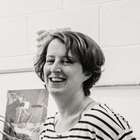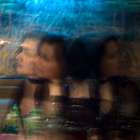Weave, code, hammer
Posted Sept. 10, 2025 by Justin Pickard, Maja Kuzmanović, and Nik GaffneyWhat if weaving had kept its memory for weather and weight? What if code was written live? Electronics exposed?
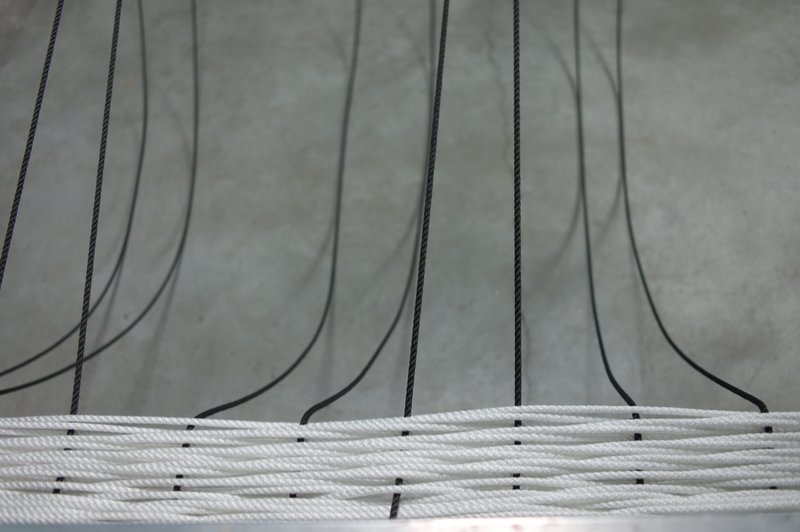
Developed through studio visits with Then Try This in Sheffield and Cornwall last autumn, three new texts from FoAM's Anarchive trace technology's minor paths and forgotten possibilities.
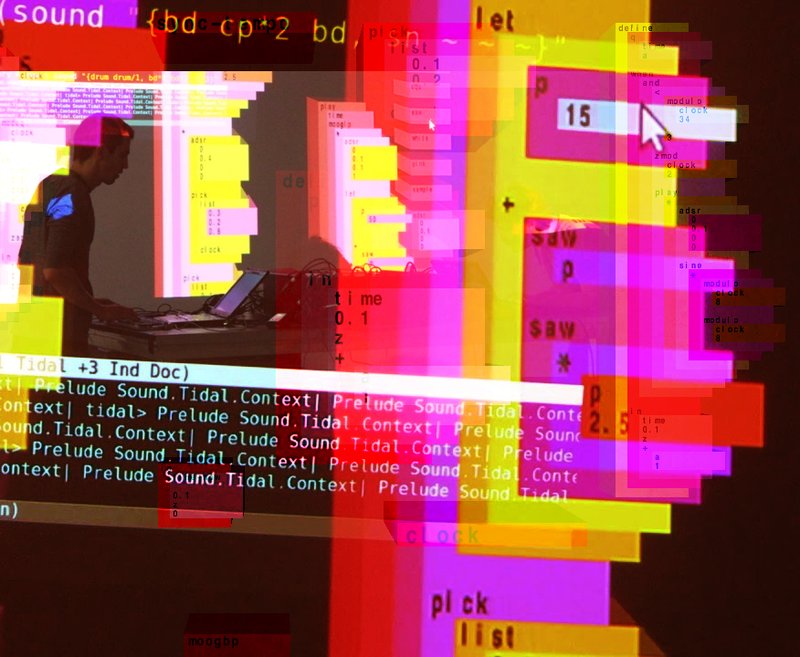
In "From Scratch?" Alex McLean and Justin Pickard trace live coding from today's performances back to bedroom experiments, manifesto-writing, and community formation. Making code visible as it's written – fallible, thinking out loud – this practice demonstrates how programming might be: not as product but performance.
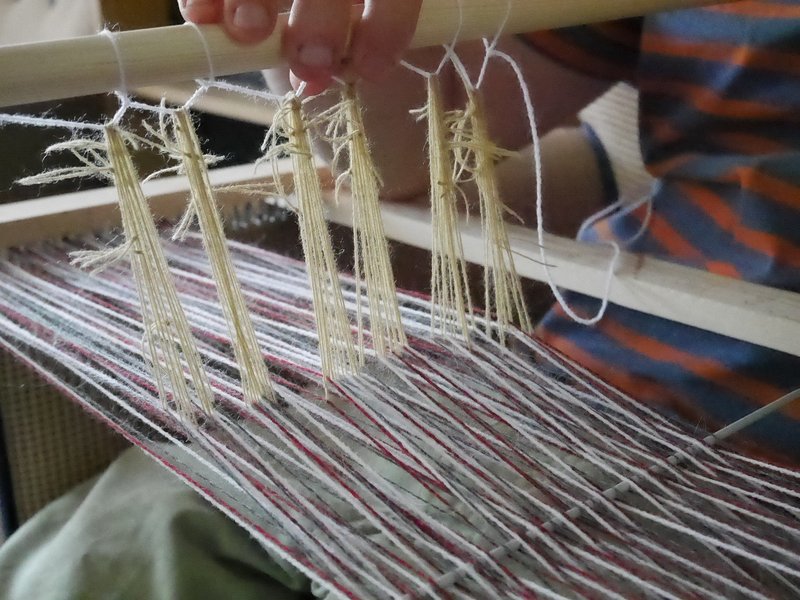
"The Jacquard Mistake" haunts a Yorkshire textile museum, where phantom adjustments reveal weaving's lost responsiveness. Chalk marks on beams, counterweights that respond to the weather – a ghost story about the technologies we didn't choose.
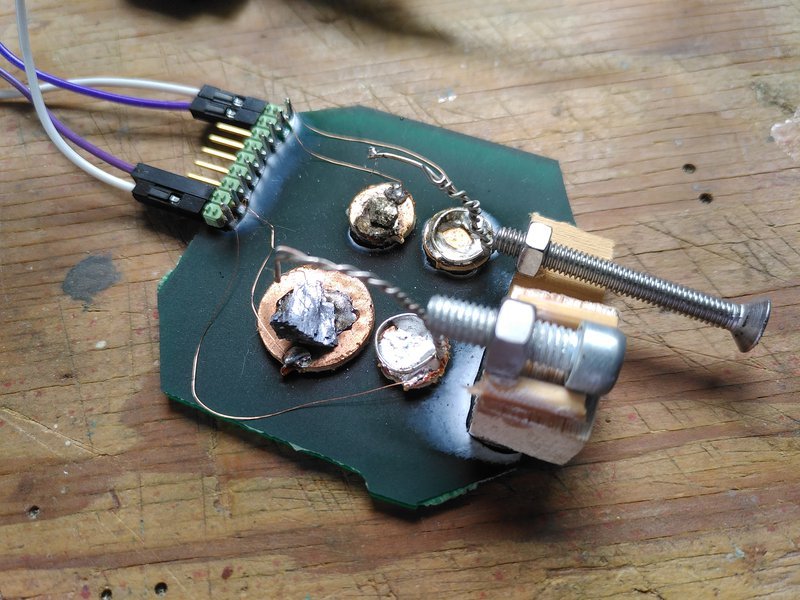
"Backwards to the Ground" starts with cardboard synthesisers and ends with children wielding geological hammers at a Cornish raceway. Through October's downpour, Dave Griffiths and Justin Pickard reveal how every circuit remains tethered to the malachite and pyrite from which it emerged.

Together, these texts track capacities often left by the wayside: circuits severed from their mineral memories; the computational intelligence that lived in thread tension and pedal resistance, before binary code.
Reading them as Alpaca 2025 approaches feels timely: that gathering traces how algorithms persist in weaving, music, and movement – patterns that never needed computers at all.
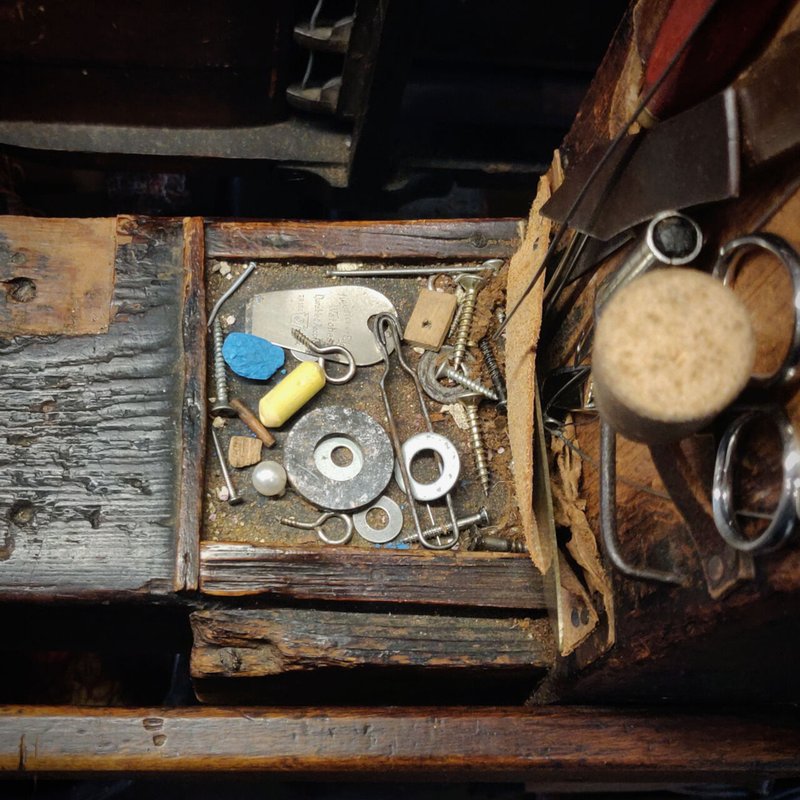
Created: 10 Sep 2025 / Updated: 10 Sep 2025






